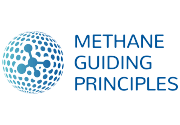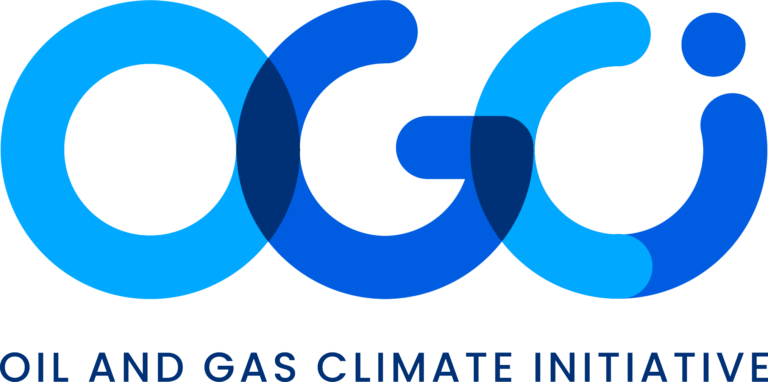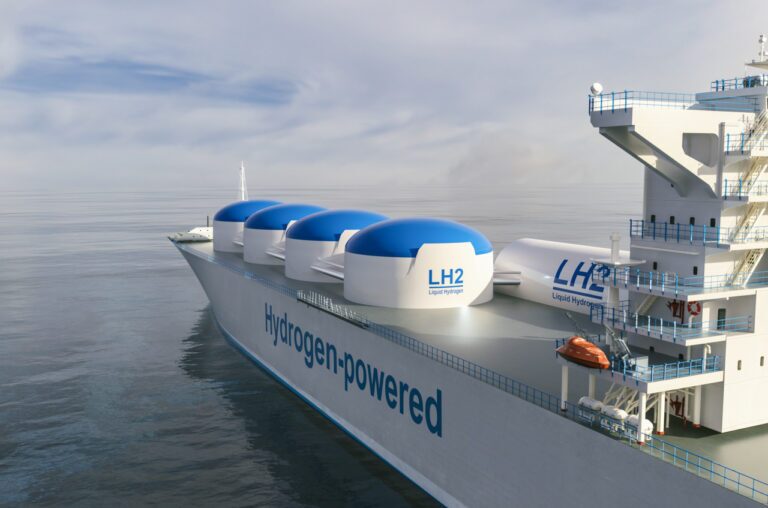This guide helps companies influence their JV partners to reduce methane emissions and create a cleaner oil and gas value chain. The Playbook for Methane Action in Non-Operated JVs (NOJVs) is a guide to driving methane emissions reductions in joint ventures, especially when partners may lack urgency or resist change. It begins with an overview of methane’s role in climate change and the oil and gas industry, emphasizing the importance of influencing NOJVs. The playbook addresses five common barriers to action, providing solutions for each, and outlines a framework for effective influence—what to target, who to engage, how to act, and where to focus efforts. Practical tips and tactics round out the guide, offering strategies to build trust, align goals, and foster meaningful collaboration.
Influencing non-operated JVs


OGCI and its member companies do not assume any responsibility for the accuracy or reliability of any information offered by third-party websites linked though this site. The views expressed in the external content do not necessarily reflect those of OGCI or its member companies. See our Terms of Use.
More info
Related resources
This resource outlines the work and research conducted by EQT’s Production and Environmental teams to target low-cost opportunities for abating methane emissions from natural gas-driven
Ten-step roadmap for policymakers to implement methane policies for the oil and gas industry. Across these steps, the process of implementing a new regulation unfolds
MiQ has developed and launched the Gas Buyers Methane Emissions Calculator, a tool designed to help natural gas buyers assess the potential methane emissions reductions
Recently visited resources
The IEA’s gas flaring page reviews global flaring trends, environmental impacts, and reduction strategies. It discusses flaring’s role in greenhouse gas emissions and offers links
Brochure created by GasNaturally discussing methane emissions in Europe. It highlights the environmental impact of methane, O&G sources, and emission reduction strategies. The document also
This book highlights the business case for reducing gas flaring and methane emissions (FMR), offering a framework for policymakers to evaluate FMR project feasibility and











